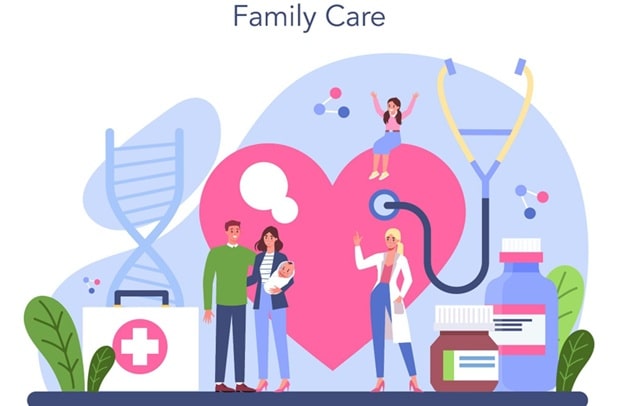Non-Hodgkin’s Lymphoma (NHL) is the most prevalent type of lymphoma in India. Almost 40,000 cases of NHL are diagnosed every year. Reports suggest that a large proportion of NHL cases are diagnosed in stages III and IV, when the effective treatment becomes challenging.
Early Diagnosis of NHL: Still a Challenge in India?

Despite the availability of high-end diagnostic and treatment facilities, timely diagnosis and treatment are still a challenge in our country. According to many studies, limited understanding of how cancer occurs, when one should see a doctor for a detailed evaluation, how it should be treated, and the right measures that can reduce its risk is as prevalent as the disease itself.
Addressing this lack of awareness is how we start nudging individuals towards becoming cancer aware and taking charge of their health.
In this health article, we are discussing the early signs of Non-Hodgkin’s Lymphoma that one must be aware of so that the disease can be detected in its early stages, when it can be treated effectively.
Early Signs and Symptoms of Non-Hodgkin’s Lymphoma
One of the key differences between symptoms caused by non-cancerous conditions and those caused by cancerous conditions is that the symptoms of cancerous conditions are persistent.
Symptoms associated with cancer do not get better with generic medication or rest. This is the first sign that one should see a doctor for a detailed evaluation.
The following are the different signs and symptoms of Non-Hodgkin’s Lymphoma:
- Swollen lymph nodes in the neck, armpits, and groin regions
- Frequent infections
- Unexplained fever and chills
- Easy bruising and bleeding
- Swollen belly
- Severe fatigue
- Unintended weight loss
- Shortness of breath
- Coughing
- Excessive sweating at night
- Skin itching
- Chest pain
Having these symptoms does not always guarantee an NHL diagnosis. However, one must see a doctor to undergo a detailed evaluation and receive a conclusive diagnosis.
What Should You Do When You Experience NHL Symptoms?
If you experience one or more symptoms listed above for two weeks or more, you should see a doctor for a proper evaluation. The doctor may recommend various tests and carry out detailed assessments of your symptoms, medical history, and family history to understand the underlying cause of the symptoms you are experiencing.
If the initial assessments and the tests indicate the presence of NHL, the doctor may refer you to a specialist who will help you receive the right treatment and care.
Parting Message
Patients with NHL can achieve good health outcomes and better survival rates, provided the disease is caught and treated in its early stages. Undergoing regular health checkups and paying attention to persistent symptoms are essential for early detection and timely interventions.

